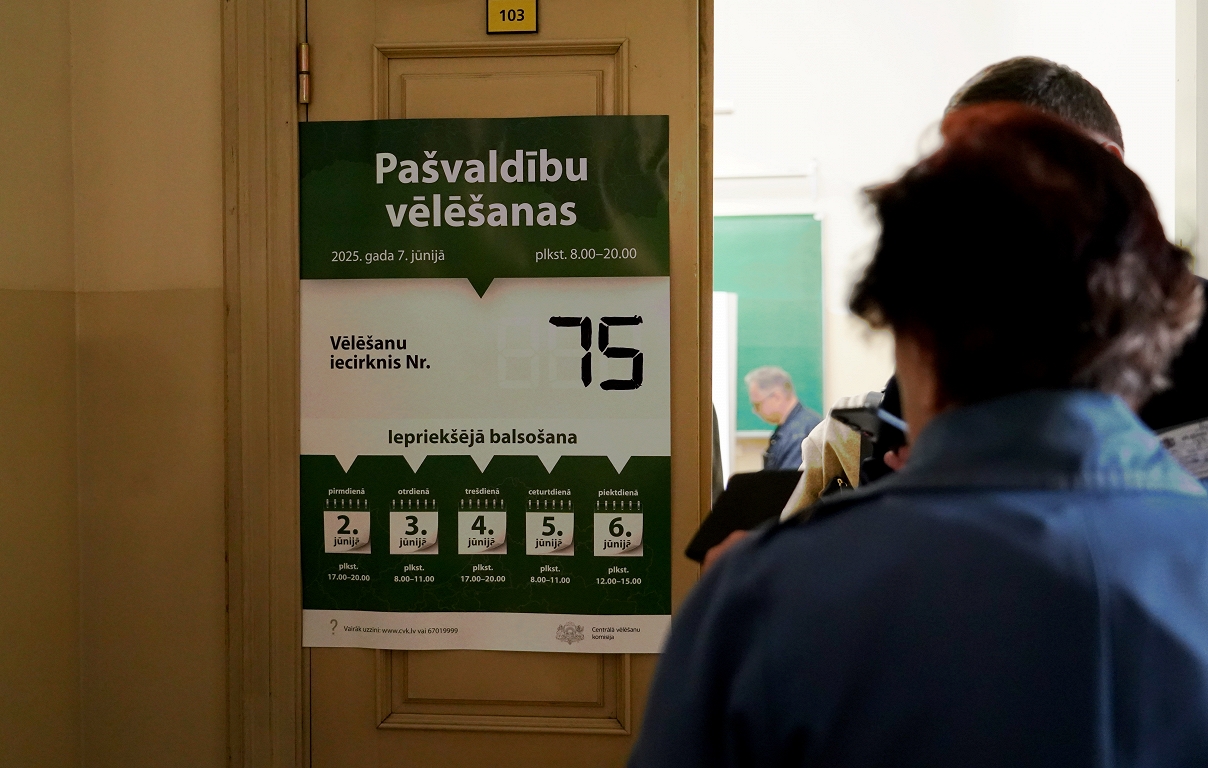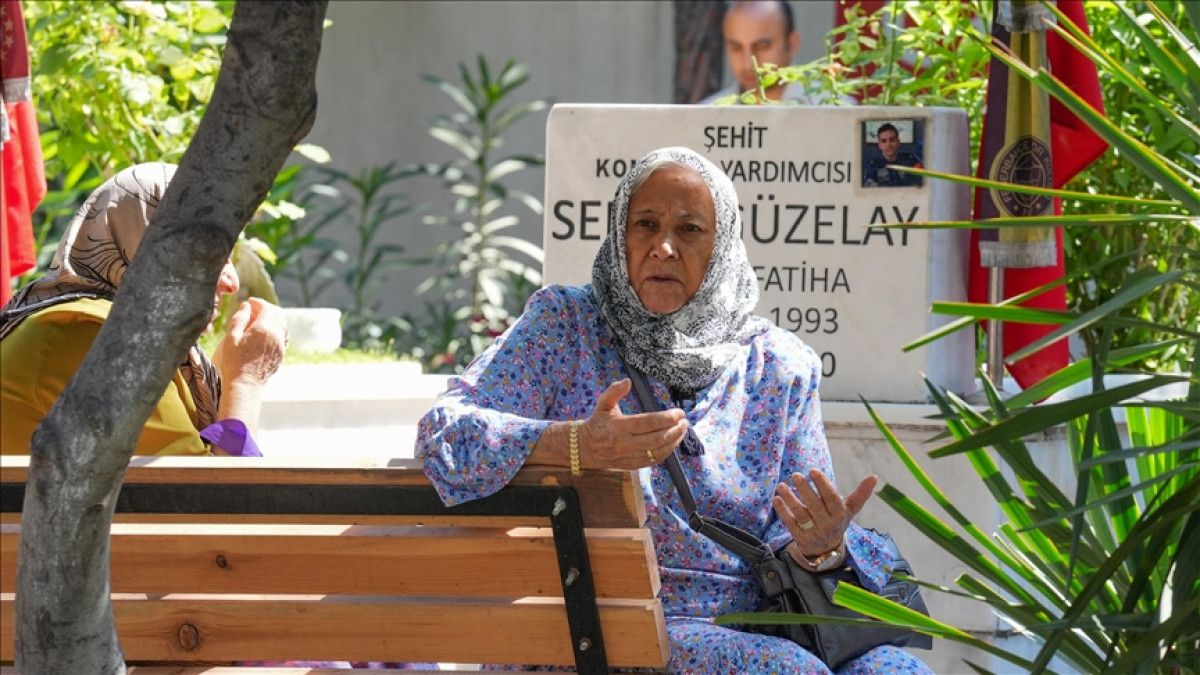Battery electric trains are primarily used on routes on Cesis and Daugavpils / Day

The Government supported amendments to the MoU Regulations, which provide the Ministry to re -delegate the purchase of electric trains for the Transport Directorate (ATD) batteries for passenger transport by rail, updating the source of funding – the European Union (EU) Cohesion Program.
The MoU explains that, according to the mid -range amendments to the EU Cohesion Program for the purchase of batteries electric trains and the total funding available for their charging infrastructure is EUR 123,069 million, including EU funding EUR 104,609 million.
According to the ministry, there is a significant passenger flow on the Riga-Cesis and Riga-Daugavpils routes, and by 2029, the construction of the platforms for platforms will continue at the train station.
According to the ministry, the indicators on these routes would require four battery electric trains charging stations. The Riga-Cesis route would require charging stations in Sigulda and Cesis, but on the Riga-Daugavpils-Livani and Daugavpils route.
The ministry notes that the planned EU funds investment in the purchase of batteries is high in readiness. The ATD is currently making a procurement for the supply of units of battery batteries for new passengers. In accordance with the procurement requirements, all battery electric trains must be put into operation no later than 42 months from the date of conclusion of the procurement contract.
The conditions of investment require that the purchase of batteries electric trains must be completed by the end of 2029 and to enter into a procurement contract.
LETA has already reported that the government approved amendments to the EU Fund for the 2021-2027 programming period submitted by the Ministry of Finance (MoF) on May 27 this year, including more than € 460 million to redistribute transport projects and more than € 170 million for safety. Among them, EUR 104.6 million is for the purchase of batteries for electric trains and charging infrastructure.
The MoF informs that these amendments are based on the mid -term evaluation of the program and aims to flexibly adapt investment to current national priorities, while optimizing the flow of funding and accelerating its use.
It has also been reported that in the meeting of the EU Economic and Financial Affairs Council (ECOFIN) in mid -February, amendments to the Latvian Recovery Fund plan were approved for the construction of the southern part of Riga Central Railway Station at the Rail Baltica Riga Central Railway Station. Meanwhile, the money was redistributed to the continuation of the construction work started at the station, withdrawing the Riga high -speed public transport line project for € 40 million and the creation of a unemployed train charging infrastructure for € 74 million.
Previously, the MoU representatives explained to LETA that the ministry would look for solutions for railway traffic in non -electrified areas, as the BMU train project cannot be implemented in accordance with the conditions of the Recovery Fund.
In April last year, two offers were received for the purchase of battery electric trains, of which the tender requirements corresponding to the tender, and only the « Škoda Transportation – Škoda Wagon » (« Škoda ») offer.
It is planned to purchase nine battery electric trains using the EU fund and the Latvian state budget. The procurement documentation provides for the possibility to purchase additional units in the event of additional financial options.








